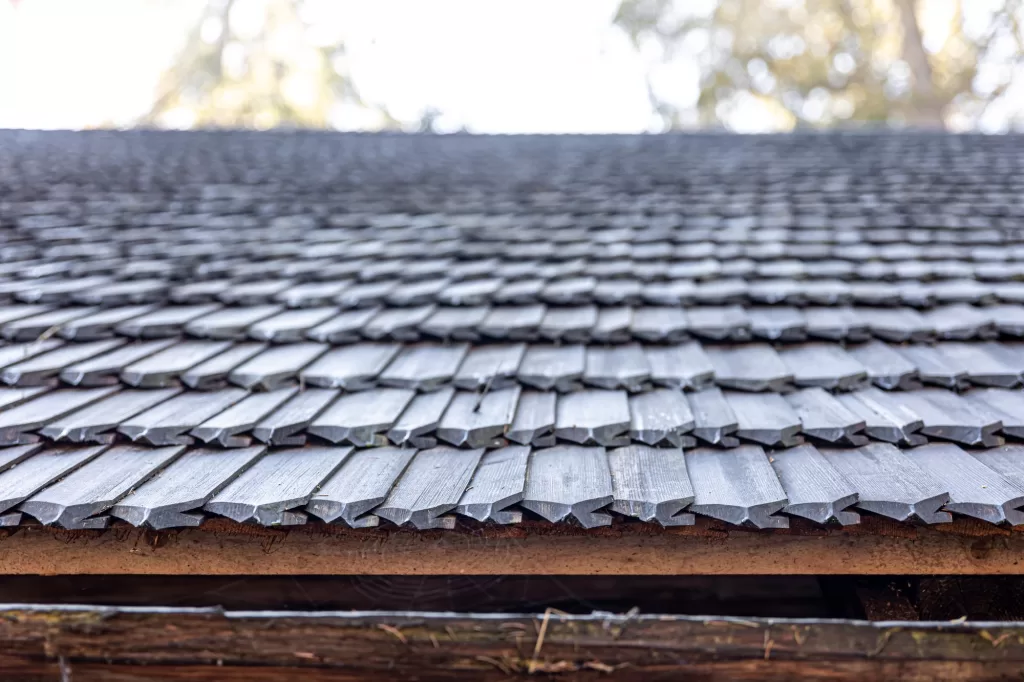A roof is one of the most crucial elements of any structure. It provides protection, enhances durability and contributes to the building’s overall strength. Ensuring the roof is built with high-quality materials is essential to safeguard against weather conditions and maintain structural integrity. Roofing sheets offer advantages like durability, energy efficiency and aesthetic appeal. With various materials and designs available, roofing sheets cater to diverse needs, whether for residential homes, industrial facilities or agricultural buildings.
Understanding Indian Climate and Roofing Needs
India’s diverse climate poses unique challenges for roofing solutions. It requires careful consideration of environmental factors such as wind pressure, seismic activity and weather patterns. Properly designed roofing ensures durability and contributes to safety and cost-efficiency. India experiences frequent high-speed winds in coastal and plains regions and is prone to earthquakes, especially in zones like the Himalayas and northeastern states. Both wind and seismic forces exert stress on structures in similar ways, including lifting, sliding, overturning or tilting of buildings.
The roof is especially vulnerable to vertical forces like suction, which cause an uplift effect. The design and material selection for roofing should account for these forces to ensure the roof remains secure even under extreme conditions. The location of a structure greatly influences its exposure to wind forces. For instance:
Urban Areas:
Here, densely packed buildings with heights exceeding 15 meters experience reduced peak wind pressure.
Suburban/Villages:
Regular cover of vegetation or buildings offers moderate wind resistance.
Open Fields/Grasslands:
Areas with sparse vegetation are more exposed to high wind pressure.
Coastal Areas:
These are most exposed to peak wind pressures due to direct exposure to open sea breezes.
Choose JK Cement BuildXperts to help you find the right roofing sheets.
Types of Roofing Sheets
Choosing the right types of roofing sheets is essential for ensuring durability, aesthetic appeal and suitability to environmental conditions. Here are popular types of roofing Sheets you can choose from:
Aluminium Roofing Sheets
Aluminium roofing sheets are lightweight yet solid. They are corrosion-resistant which makes them a suitable choice for coastal and high-rainfall areas. Additionally, aluminium roofs are energy efficient as they reflect heat and cool quickly. With a lifespan of 50–70 years, aluminium sheets are cost effective in the long run.
Galvanised Steel Roofing Sheets
Galvanised steel sheets are coated with a protective layer of zinc. These roofing sheets are widely used for industrial and residential applications. Available in plain or corrugated forms, these sheets offer durability and resistance to rust when adequately maintained. They are versatile and practical for projects that require robust yet affordable roofing solutions.
Asbestos Cement Roofing Sheets
Asbestos cement roofing sheets offer fire resistance, durability and affordability. Made by combining asbestos fibres with cement, these roofing sheets were widely used for factories, farms and other structures requiring long-lasting roofing. However, due to the hazardous effects of asbestos on health, the usage of these sheets has significantly declined, and safer alternatives are now preferred.
Polycarbonate Roofing Sheets
Polycarbonate roofing sheets are known for their exceptional strength and transparency. They are preferred for applications like greenhouses, skylights and industrial buildings. These roofing sheets allow natural light transmission while offering durability and resistance to extreme temperatures and impact. Their flexibility in design and ease of installation enhances their appeal in modern construction projects.
What Are the Factors You Need to Consider Before Choosing Roofing Sheets?
Selecting the right roofing sheet involves balancing functionality, durability, cost and aesthetics. Here are the key factors you should evaluate before making a decision:
Durability:
Your roofing material must be able to withstand harsh weather conditions like extreme heat during summers and heavy rainfall during monsoons. Long-lasting materials like steel roofing sheets can be a suitable option as they are durable and require low maintenance.
Energy Efficiency:
An energy-efficient roof helps maintain a cooler indoor temperature by reflecting heat and absorbing less solar energy. This reduces the reliance on air conditioning, especially during hot months, saving energy costs. Materials like colour-coated metal sheets and light-coloured roofing options are excellent choices for energy efficiency.
Lightweight Properties:
The weight of the roofing sheet directly impacts the structural integrity of your building. Heavy materials like clay or concrete cement tiles can strain older structures over time. Lightweight alternatives, such as metal roof sheets, offer high strength and durability without putting undue stress on the building.
Aesthetic Appeal:
Roofing is a significant design element of a house, so aesthetics plays a crucial role. Explore different types of roofing sheets to choose designs and colours that complement your home’s architecture.
Ease of Installation:
Given the labour costs in India, choose roofing sheets that are easy to cut, fasten and fix. Metal shingles or sheets are a preferred choice due to their quick and hassle-free installation process, saving both time and money.
Climate Considerations:
The roofing material should be suitable for the local climate. For areas with extreme temperatures, thermal-insulated sheets like PUF roofing sheets are recommended. In regions with heavy rainfall or strong winds, opt for materials with excellent weather resistance to ensure longevity and safety.
Choose JK Cement for Your Construction Needs
JK Cement offers trusted products to meet your needs for a complete construction solution, including high-quality building materials like OPC and PPC cement. So, build with confidence and durability with a reliable cement company.
FAQs
Which roofing sheet is the best?
The best roofing sheet depends on your needs. For durability and corrosion resistance, aluminium or galvanised steel sheets are ideal. For aesthetics and energy efficiency, colour-coated sheets are popular.
What is the ideal thickness for a roofing sheet?
The ideal thickness of a roofing sheet should range from 0.35 mm to 0.50 mm for residential use. However, it also depends on the material and structural requirements.
Which roof sheet is used for hot climates?
In hot climates, metal roofing sheets with reflective coatings or PUF-insulated sheets are excellent for reducing heat absorption.
Which sheet is best for the terrace?
For terraces, polycarbonate sheets are suitable. They allow natural light while providing durability and weather resistance.
